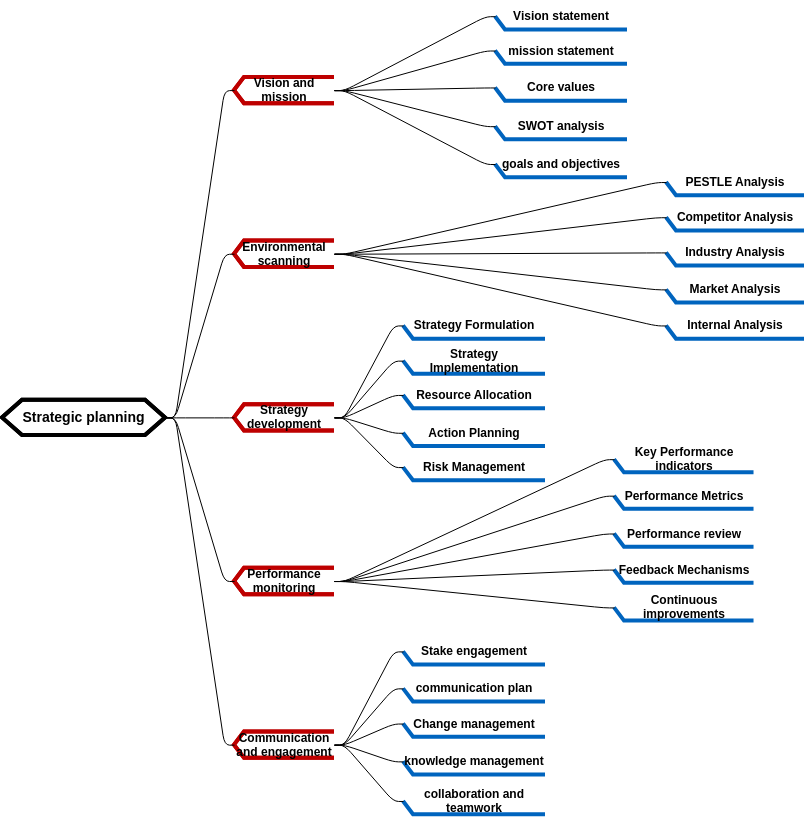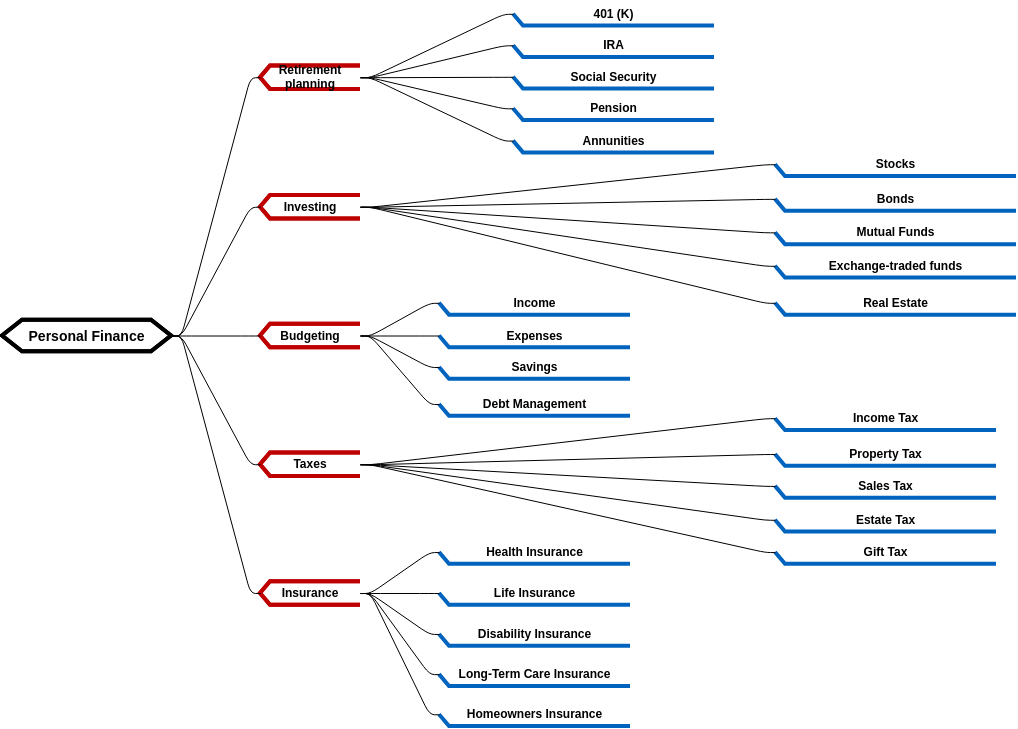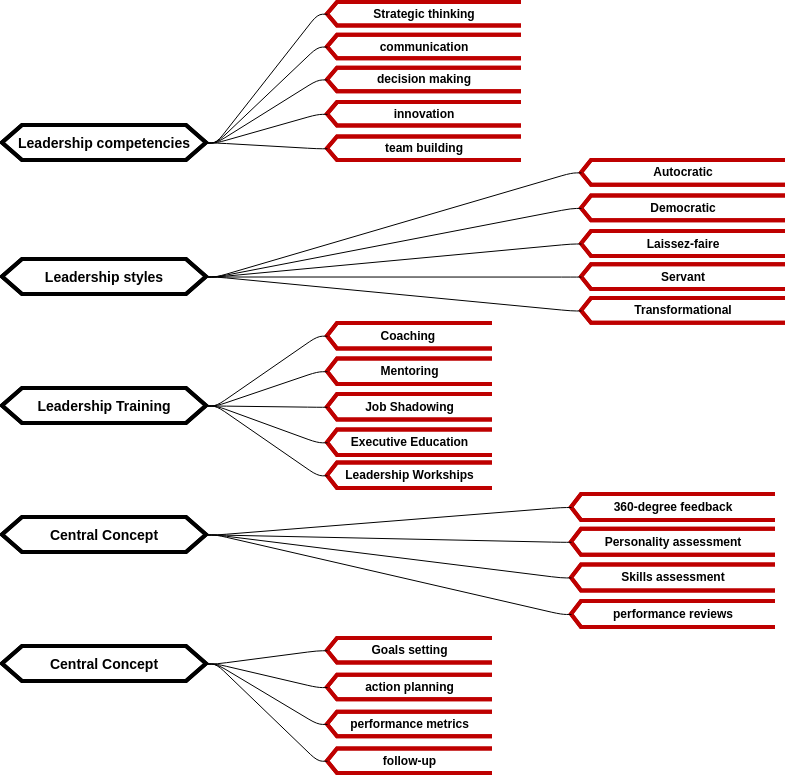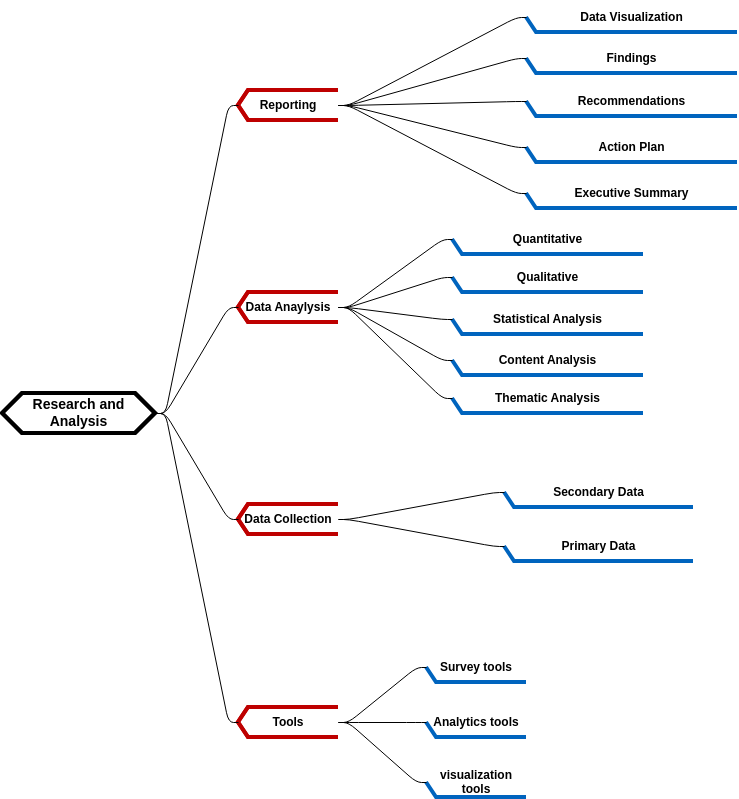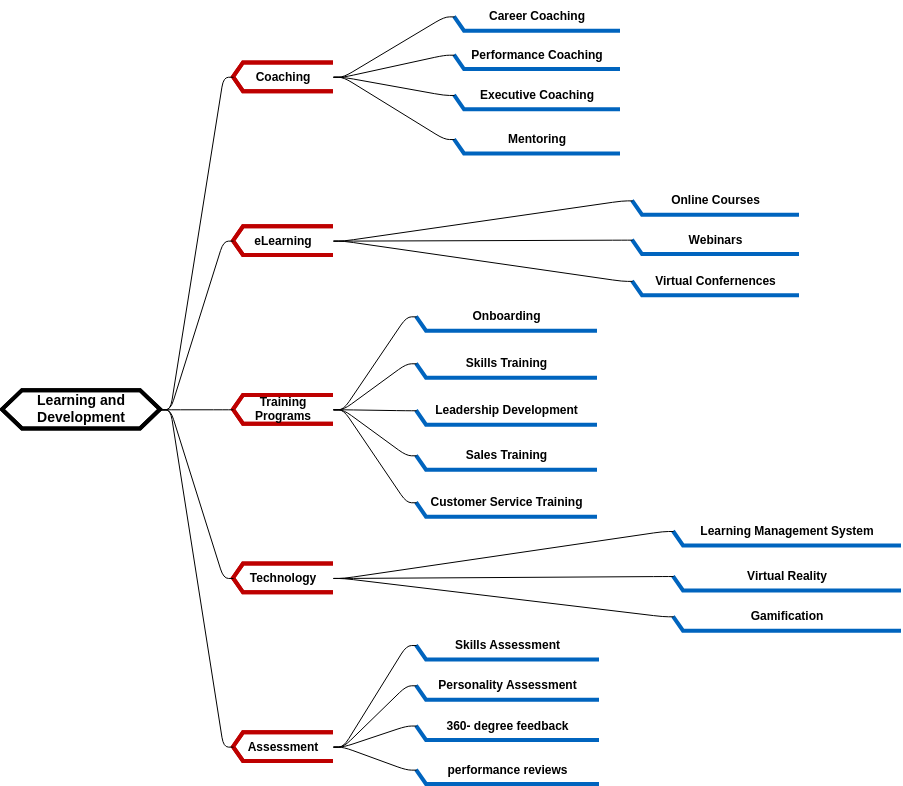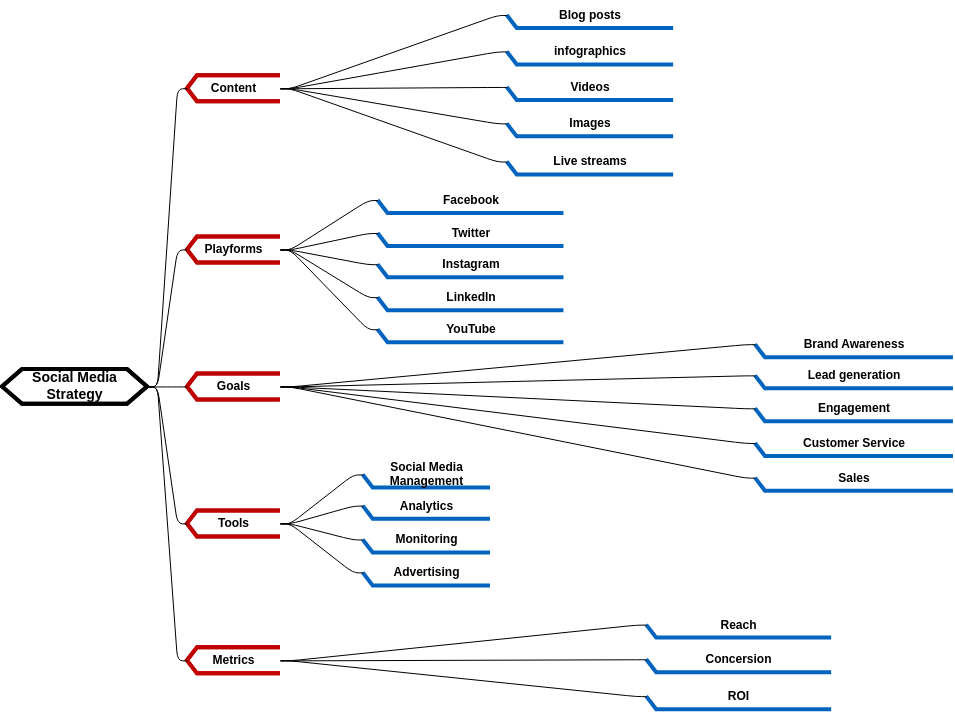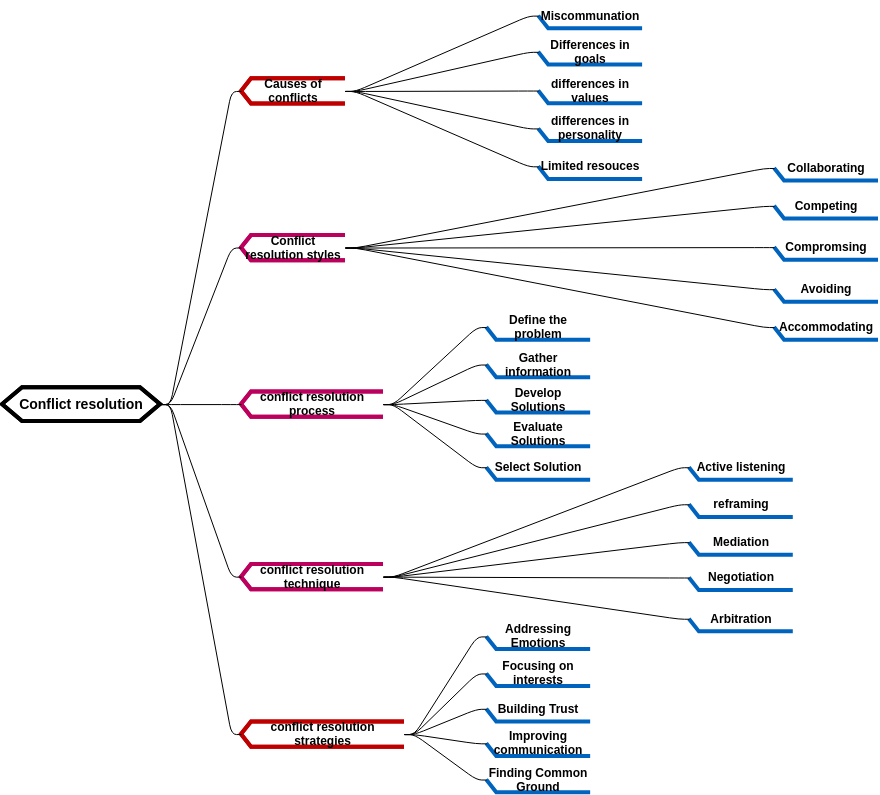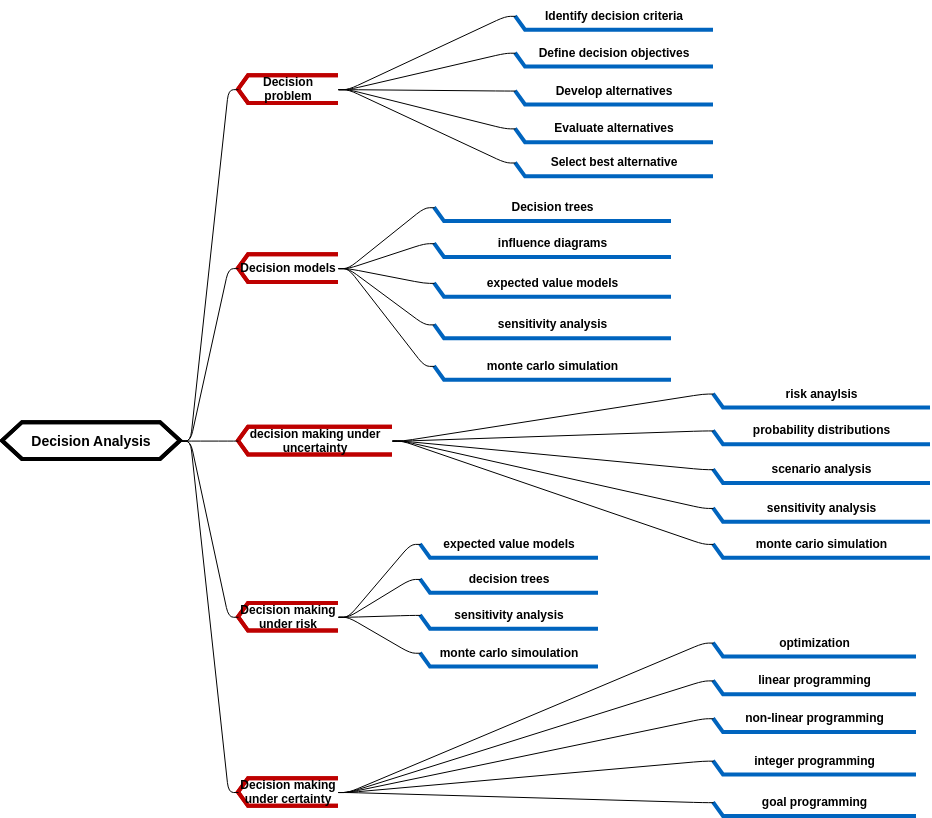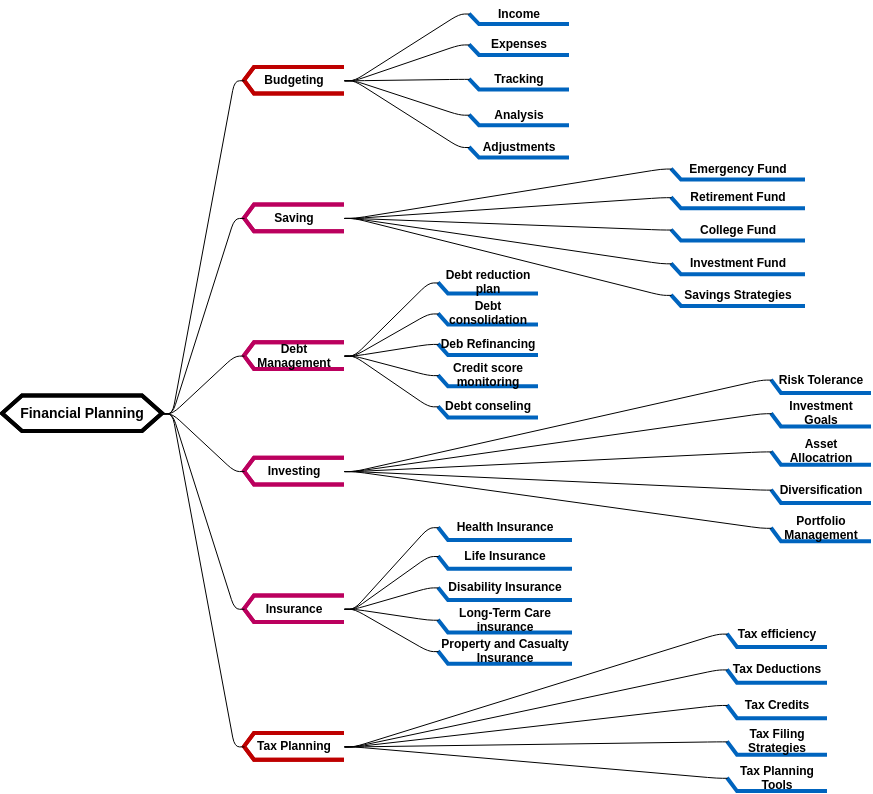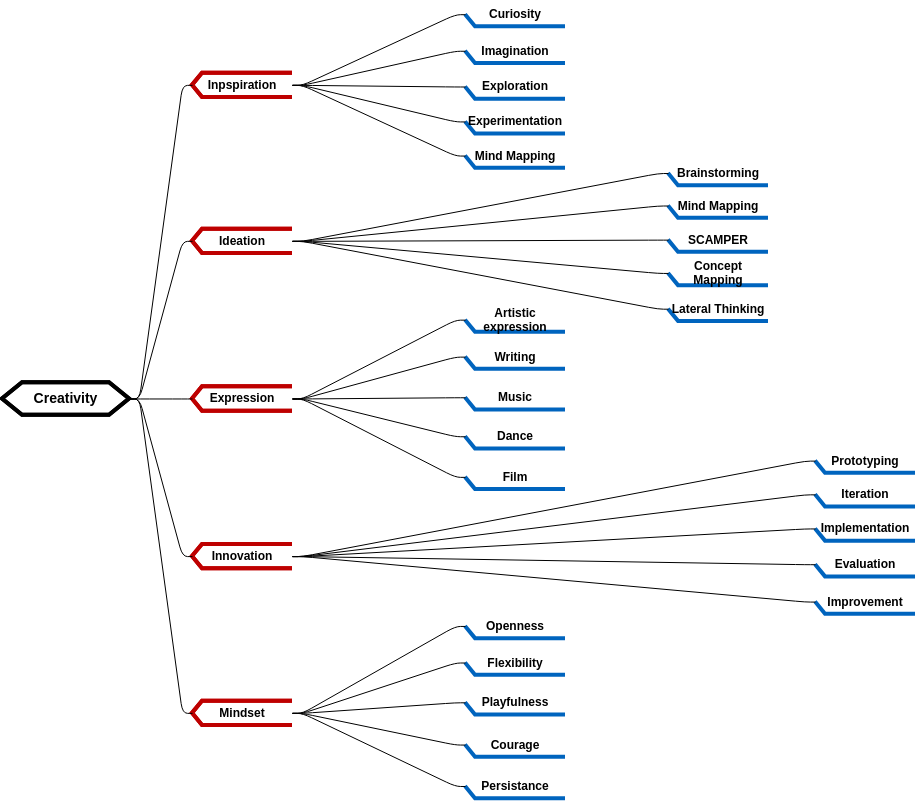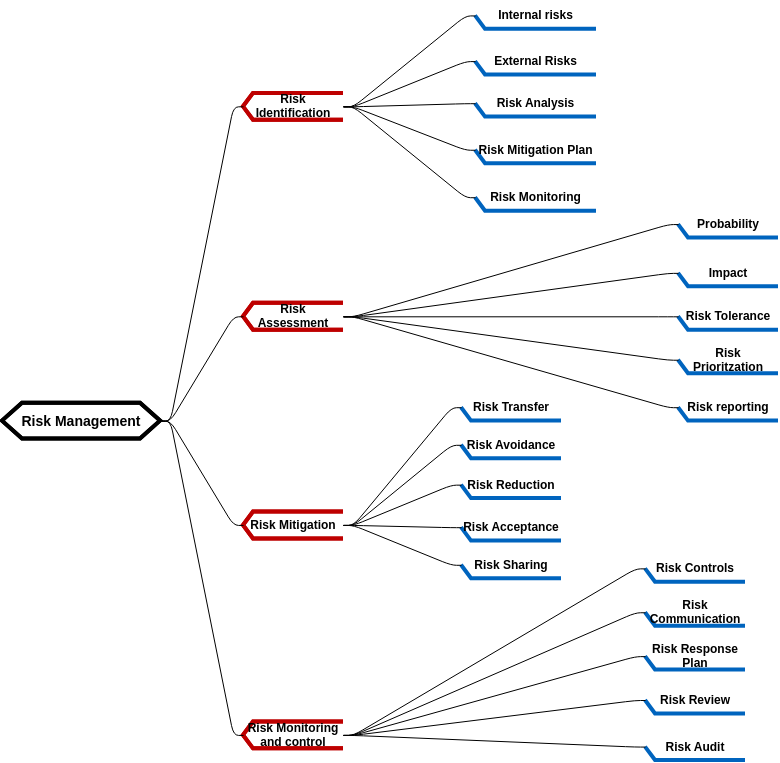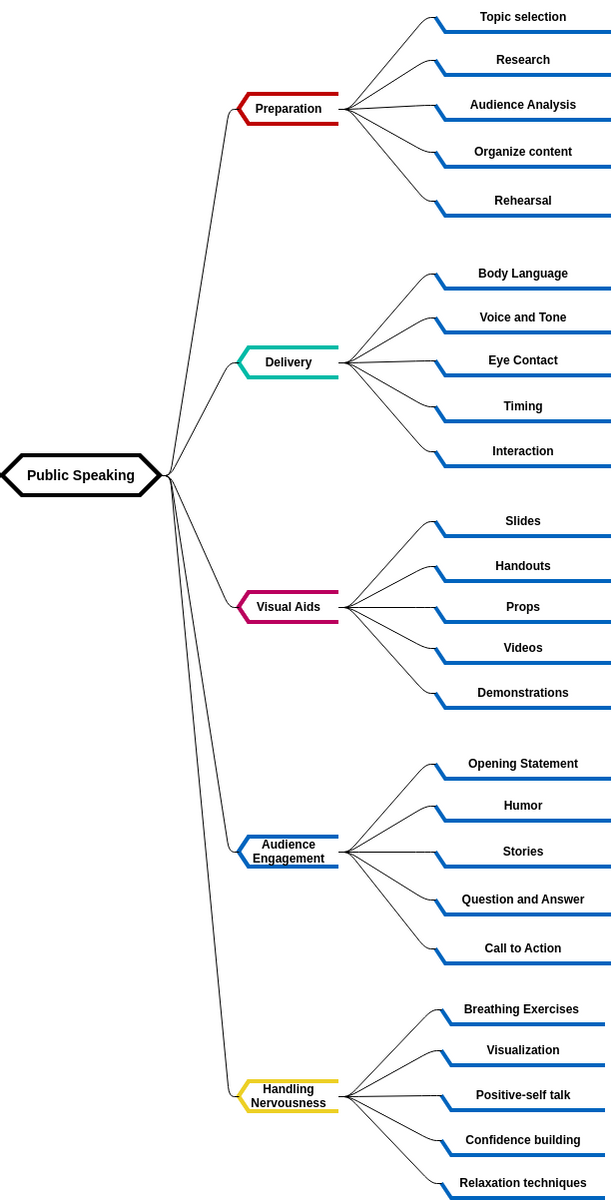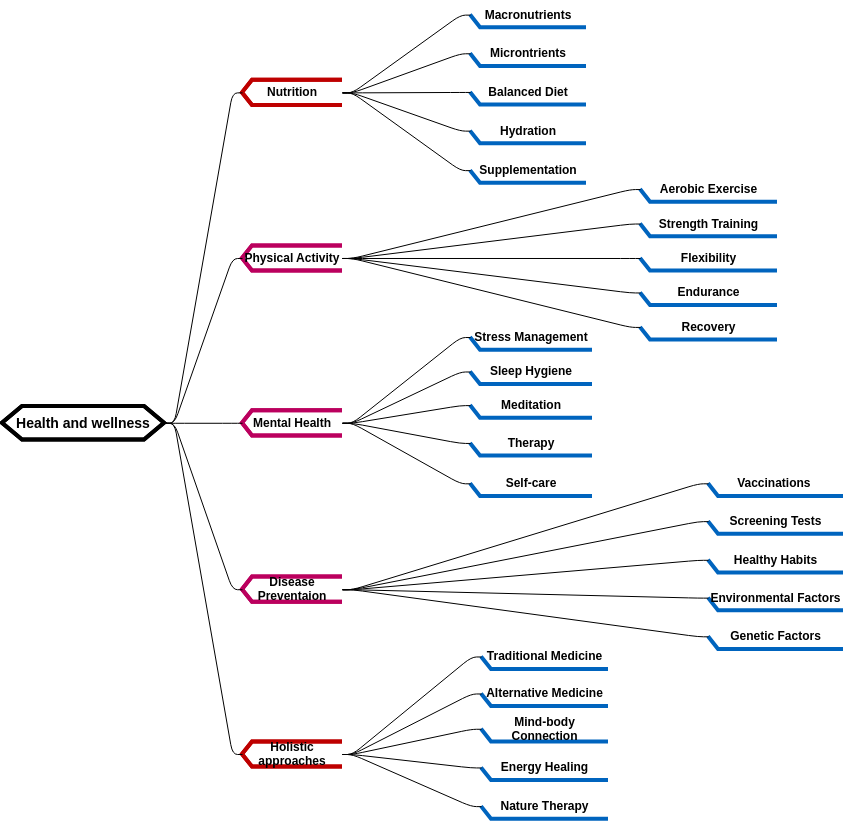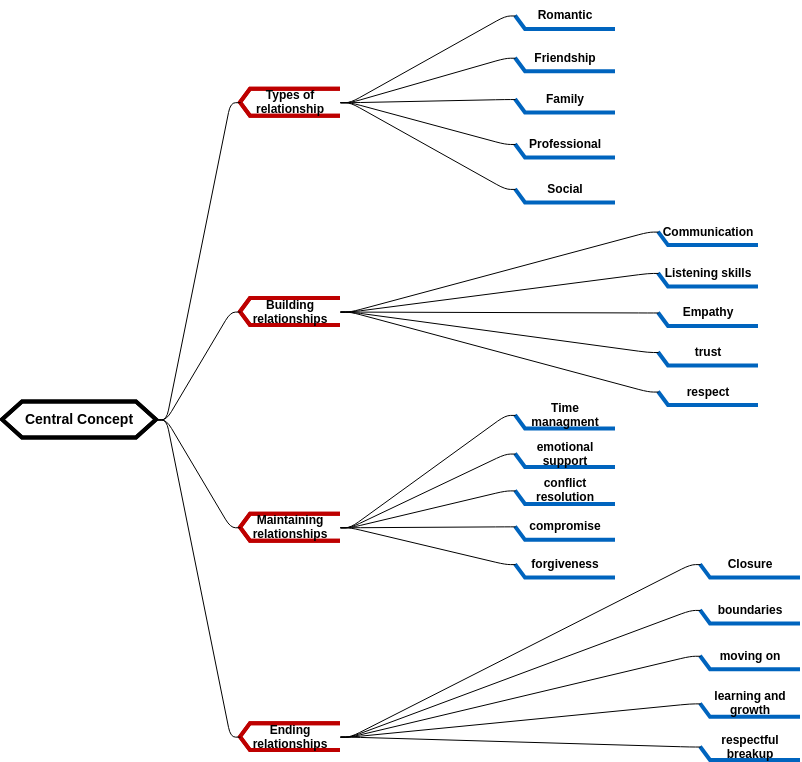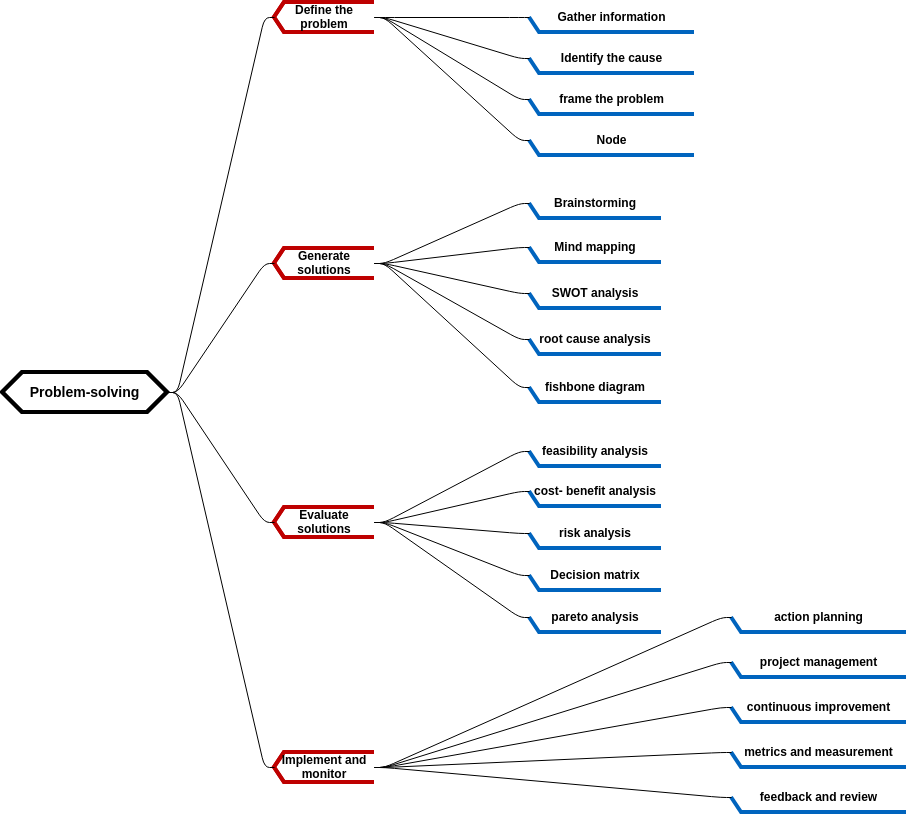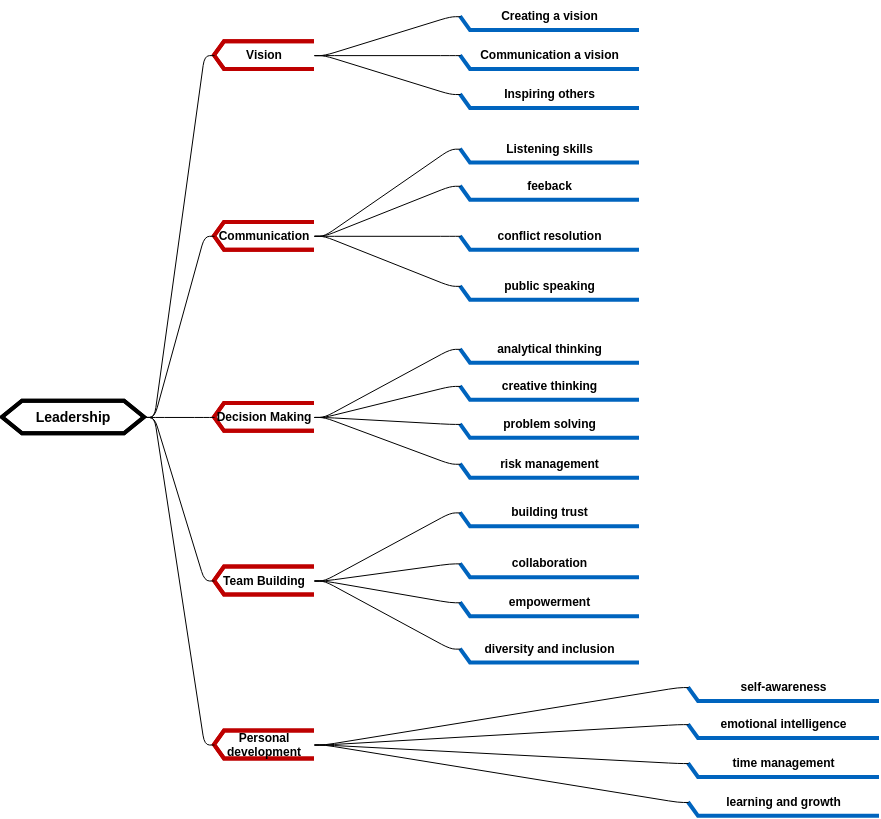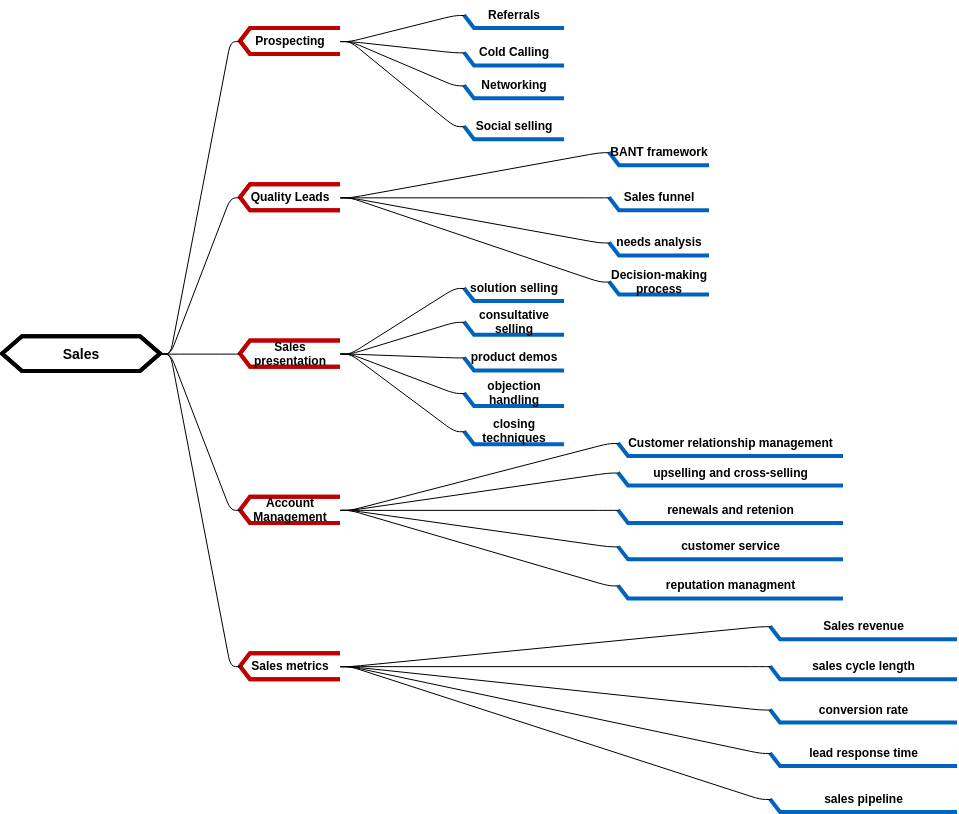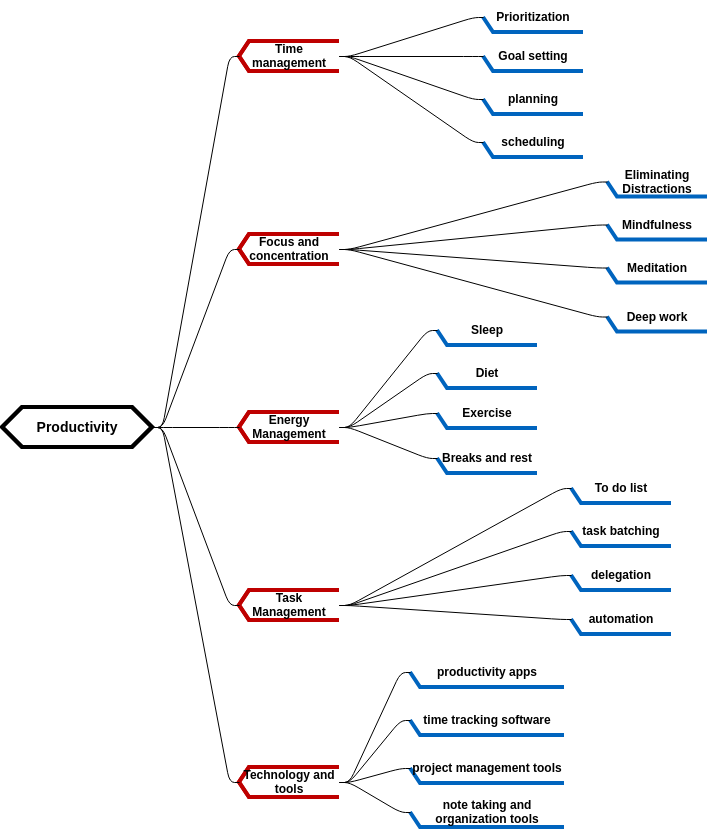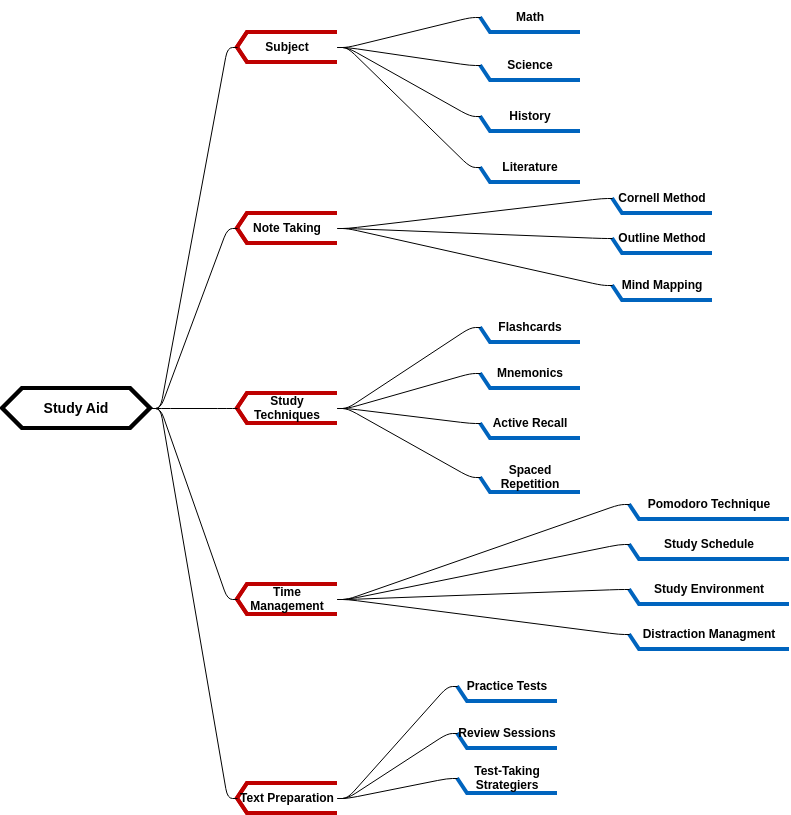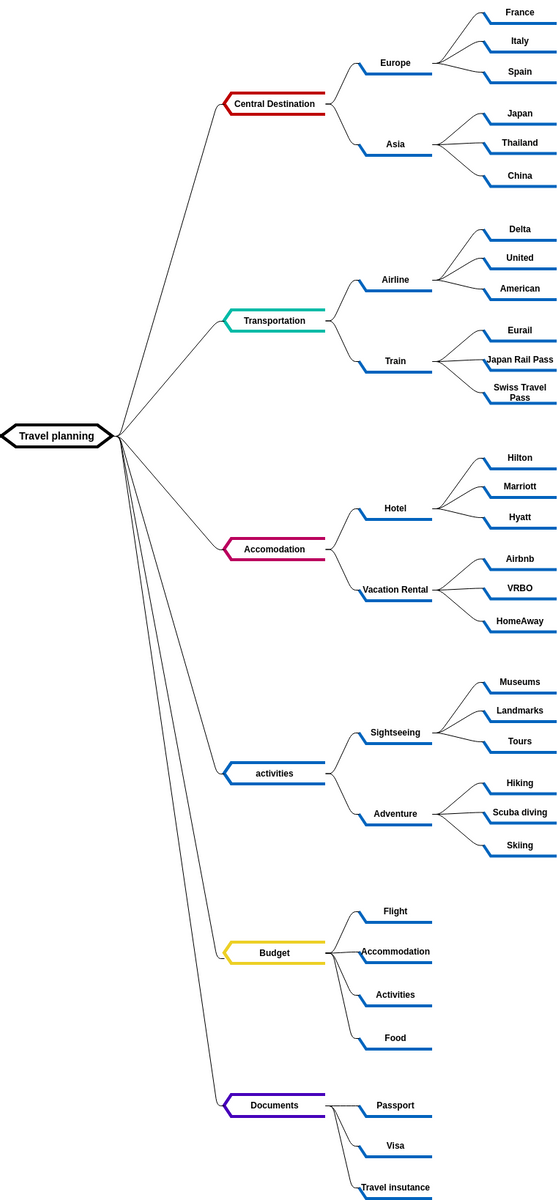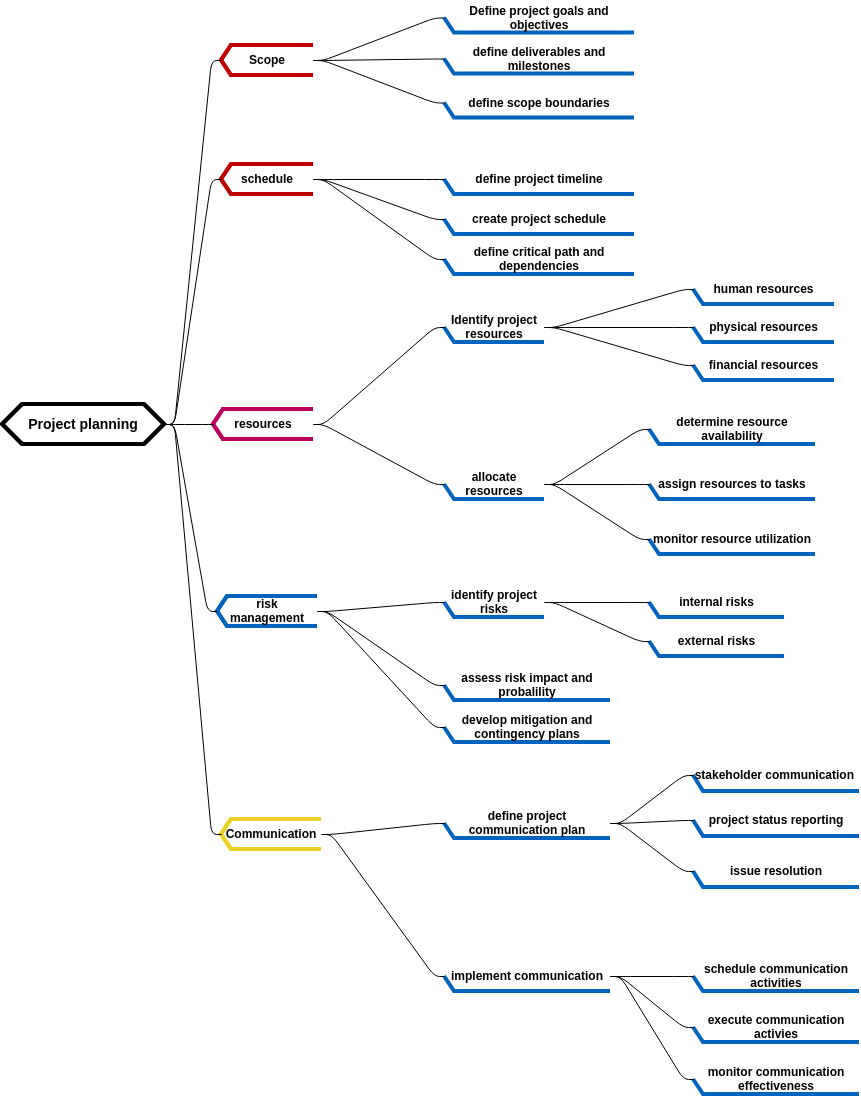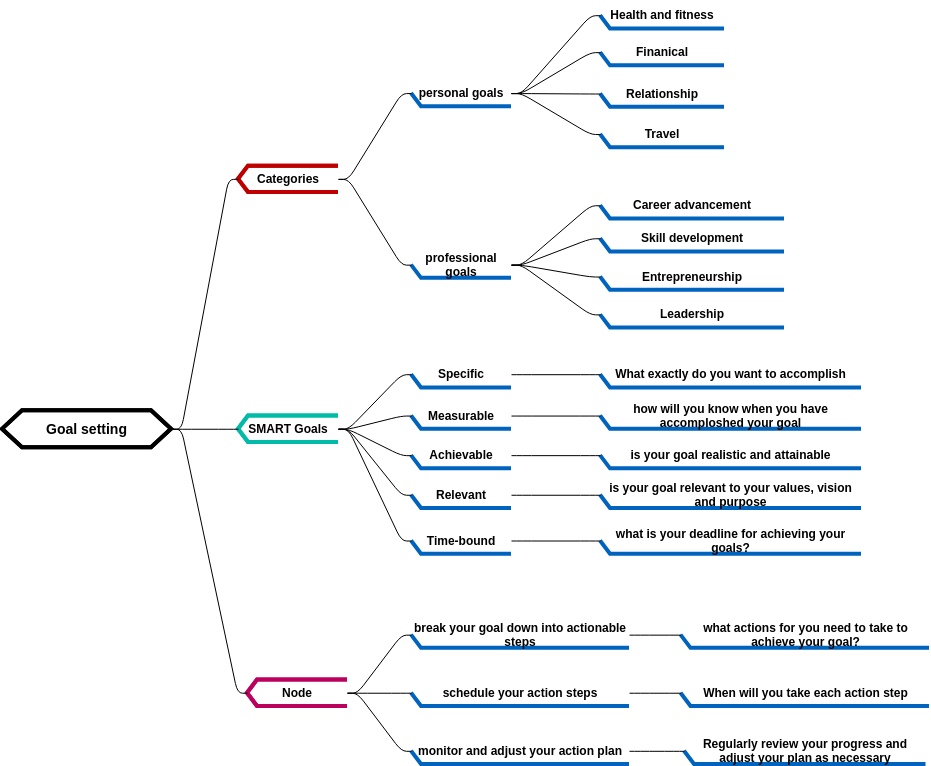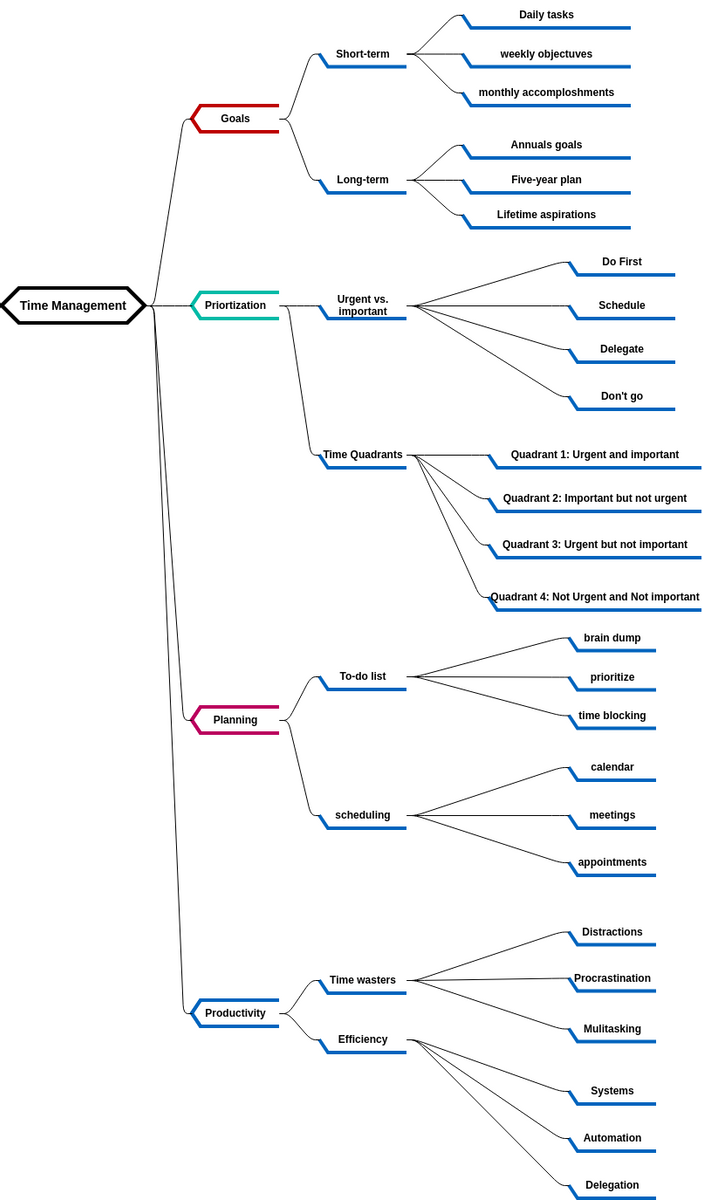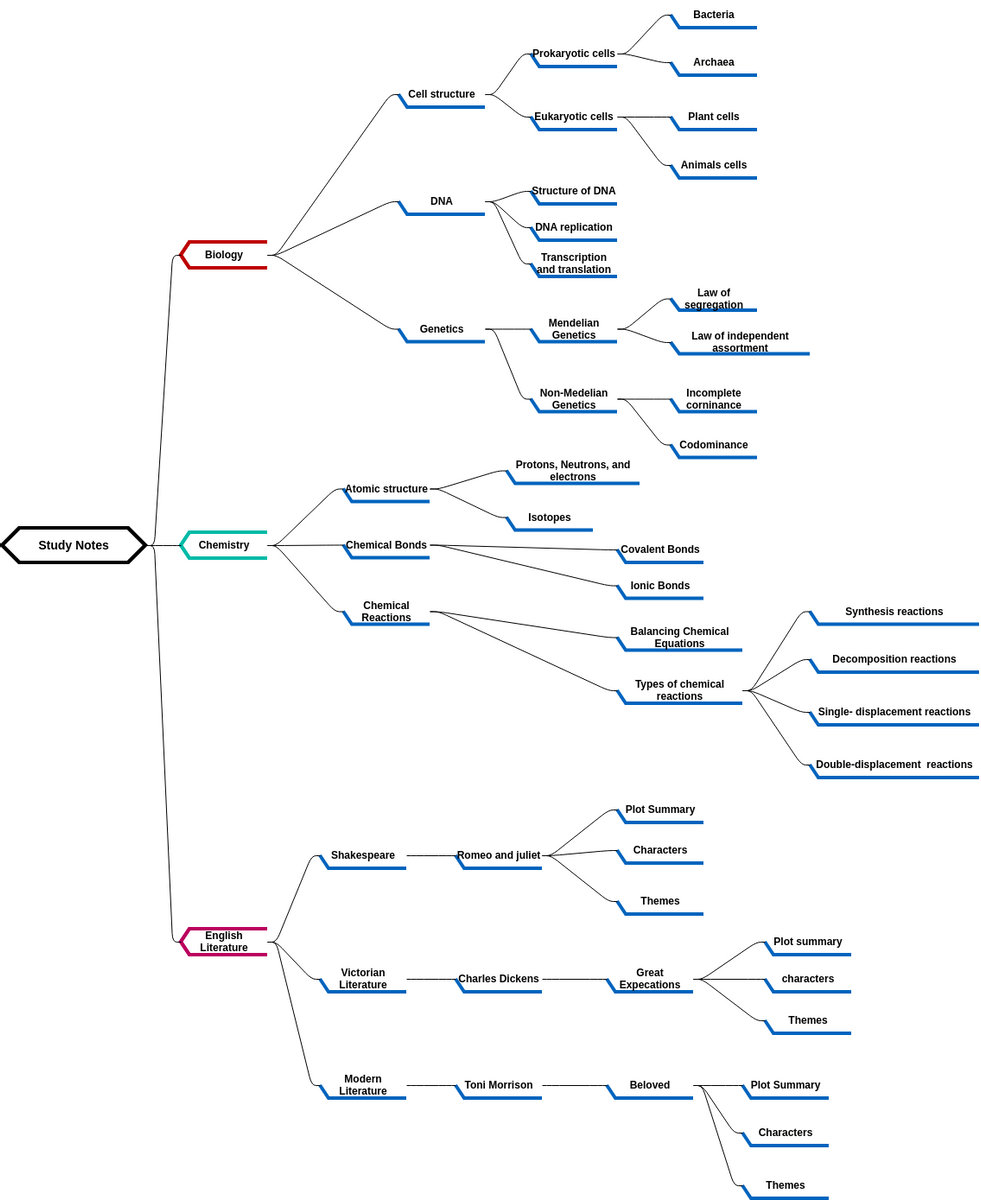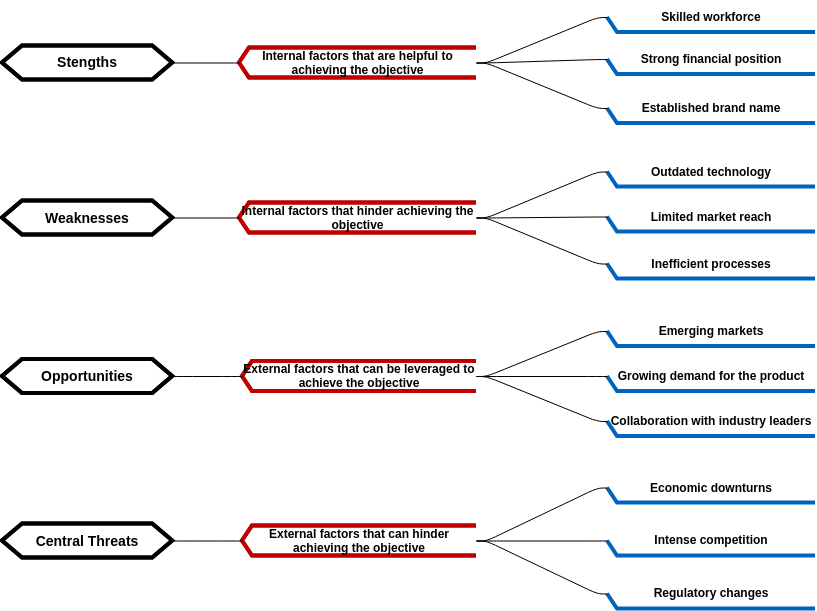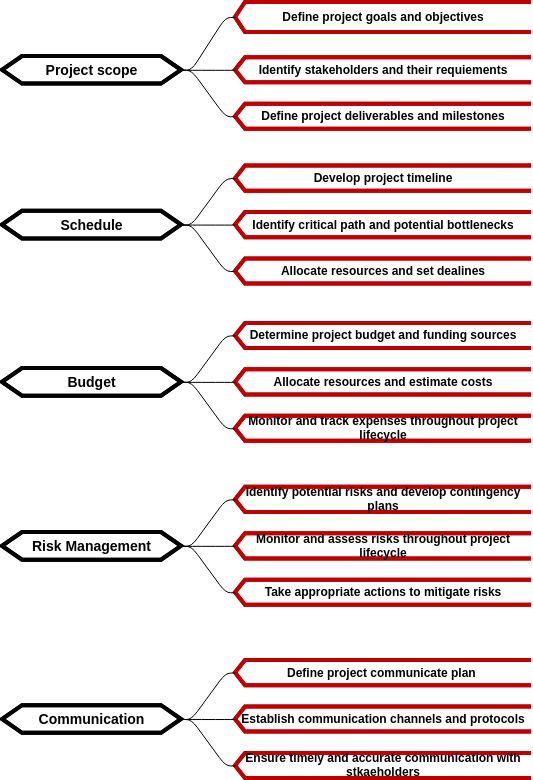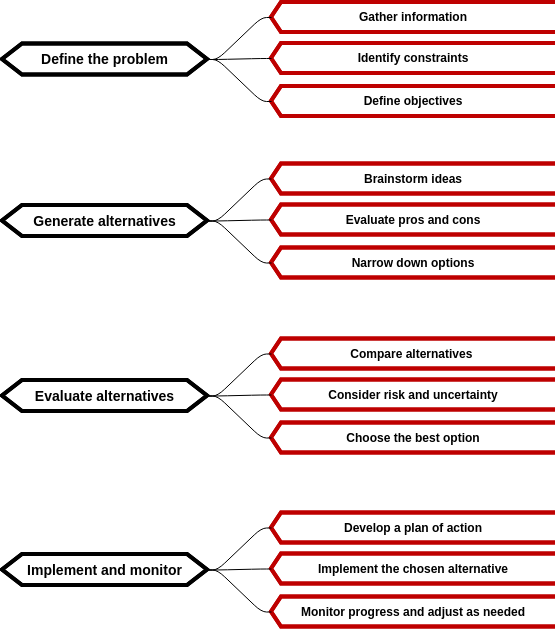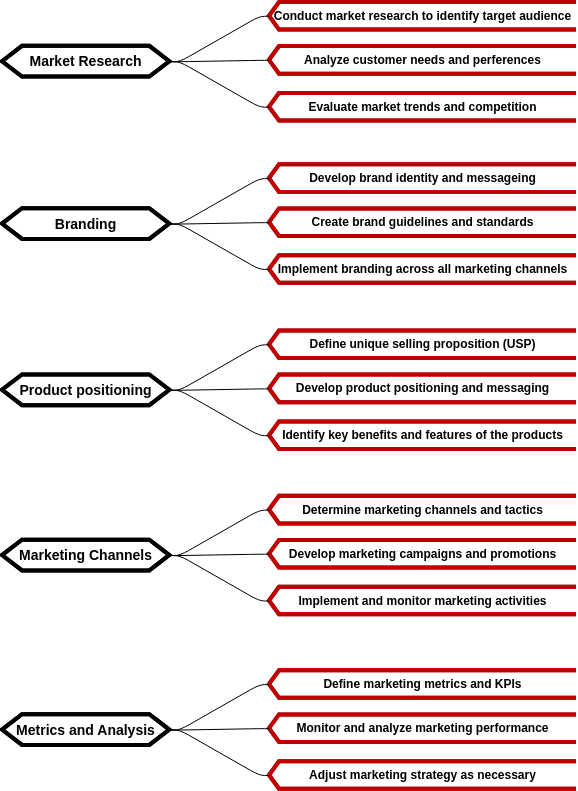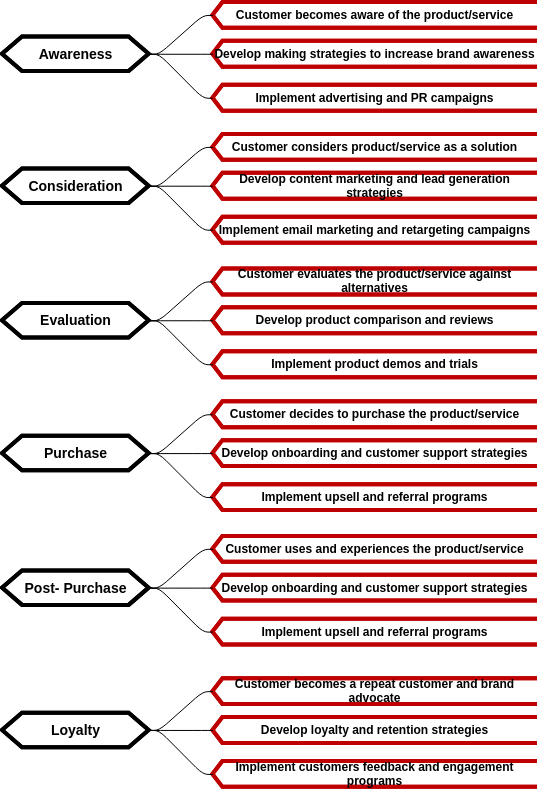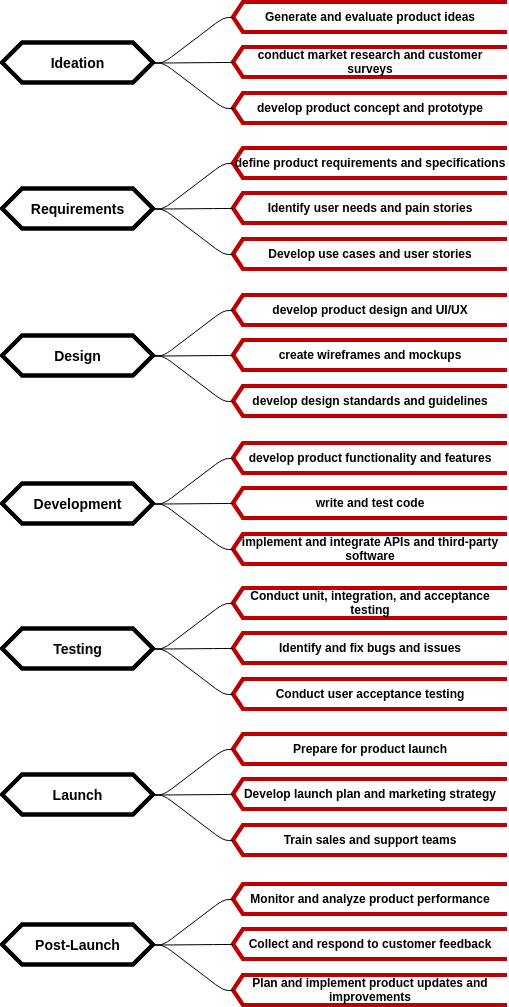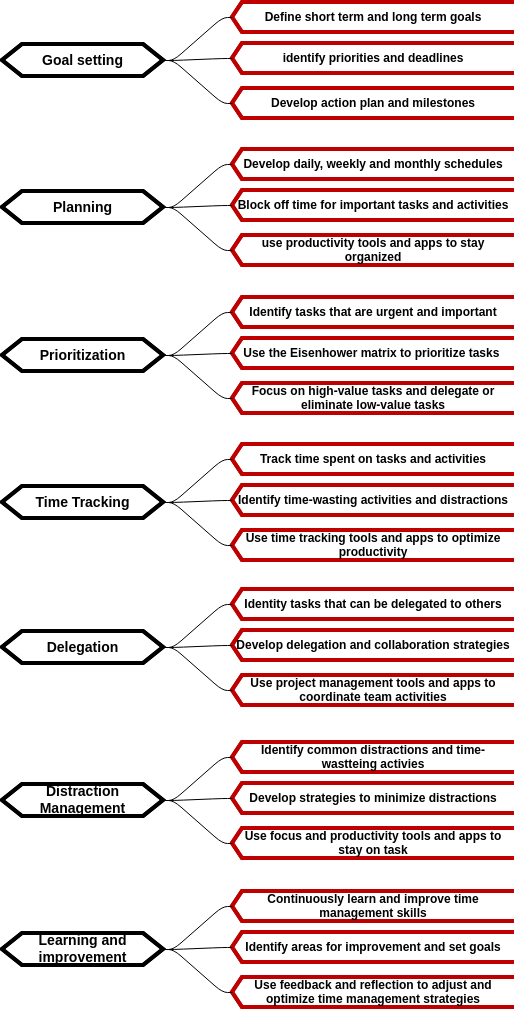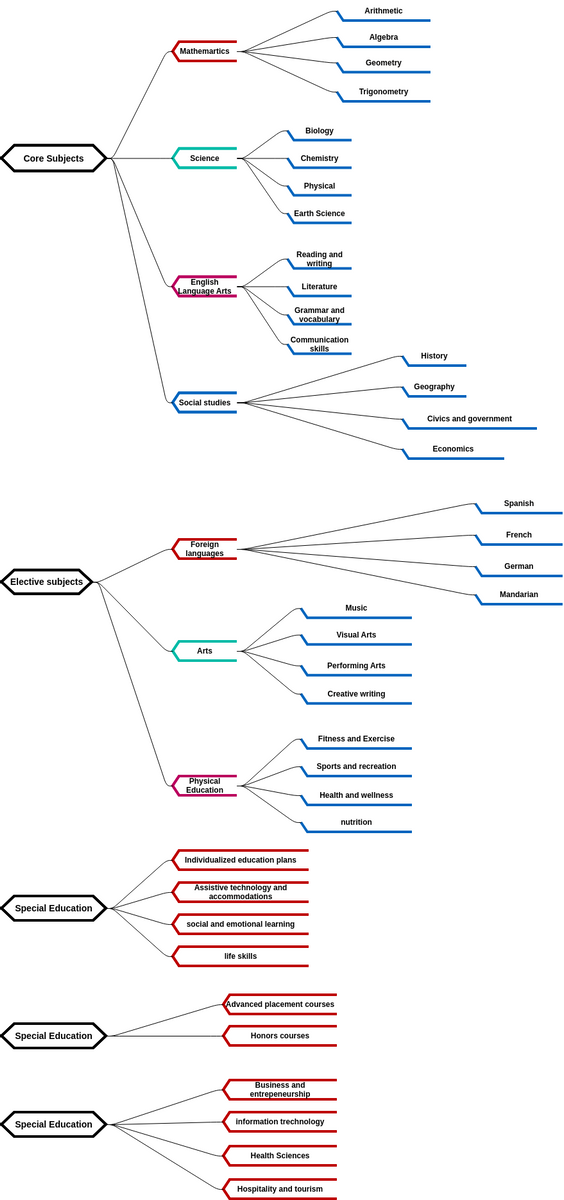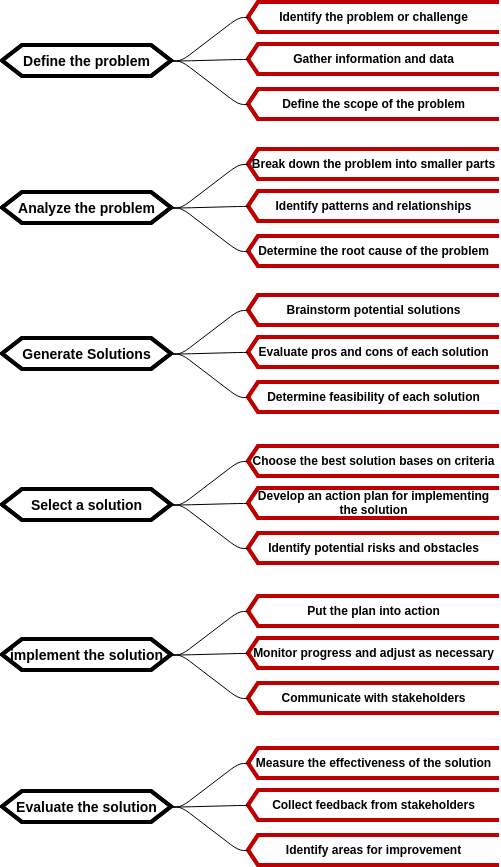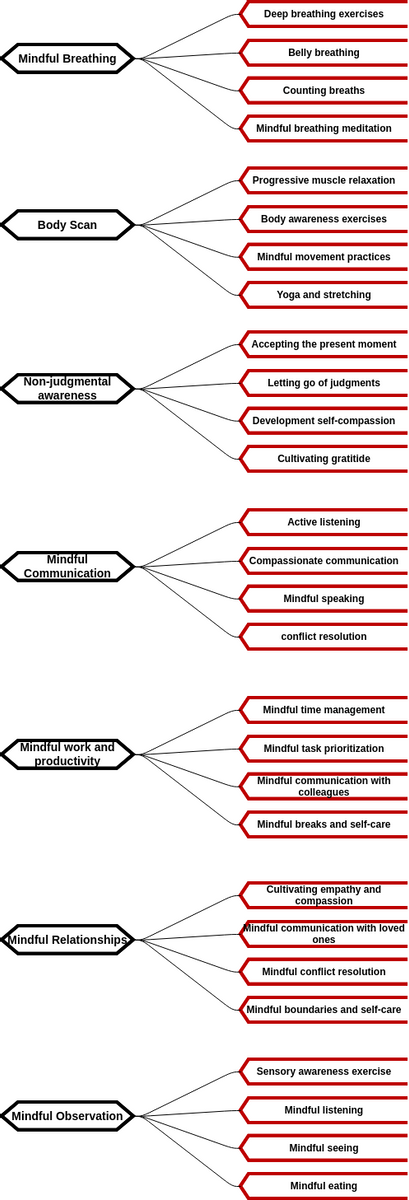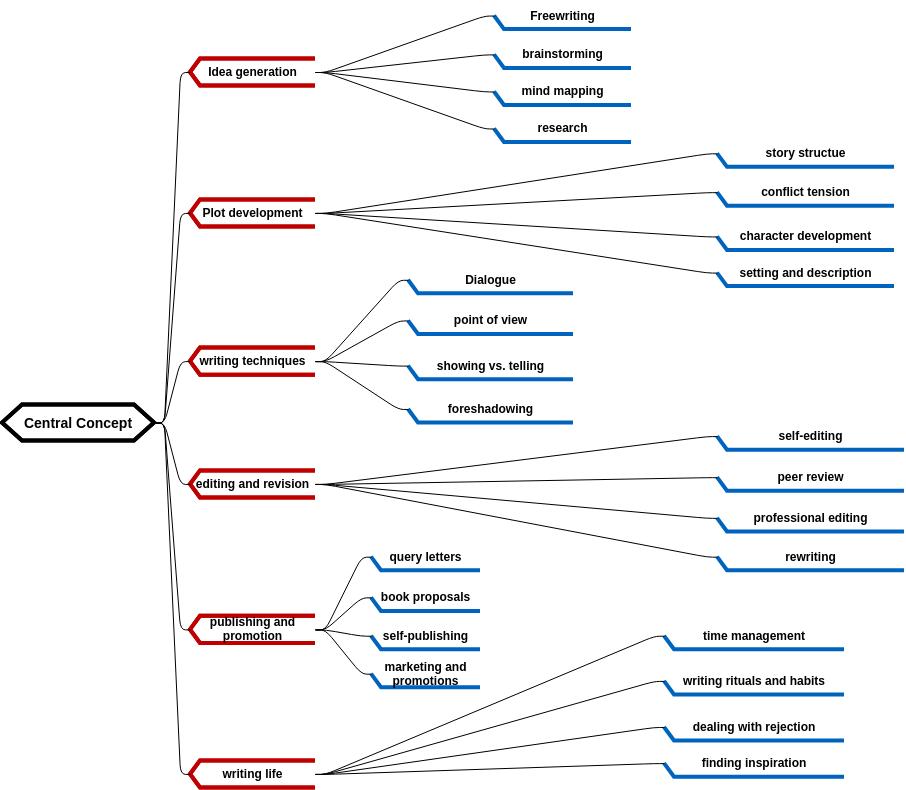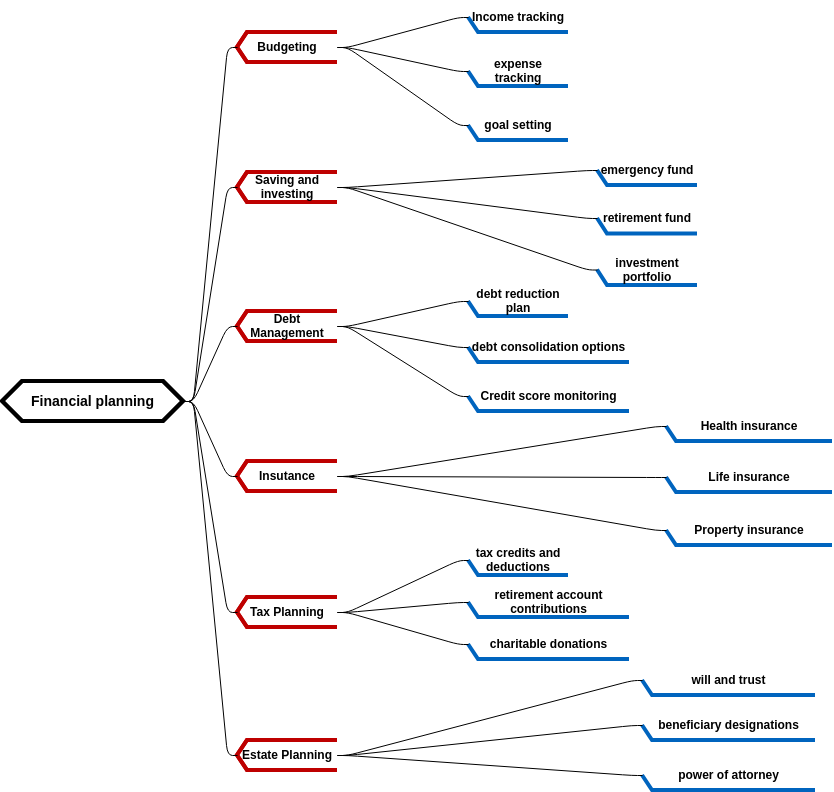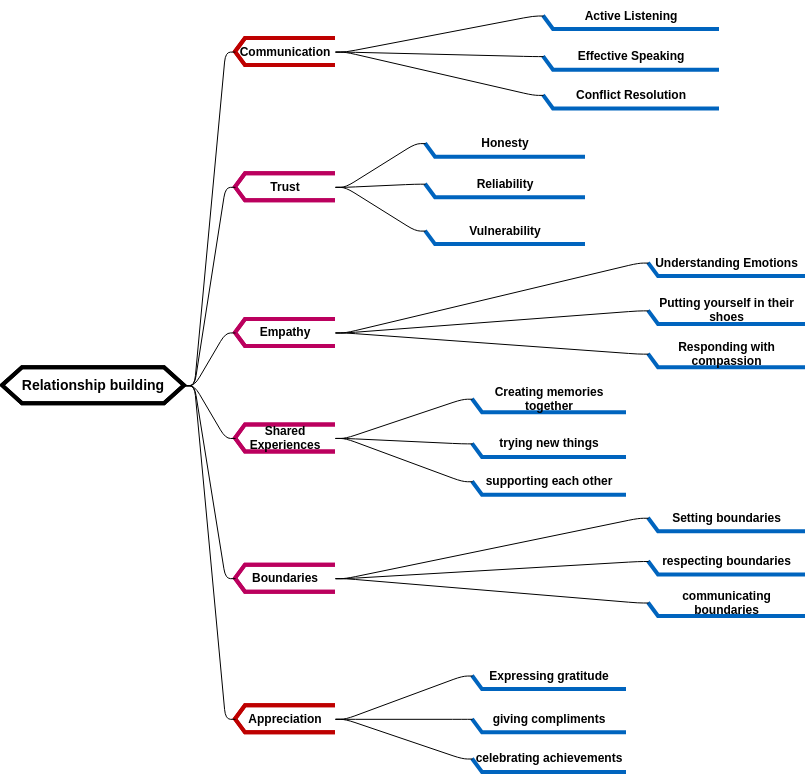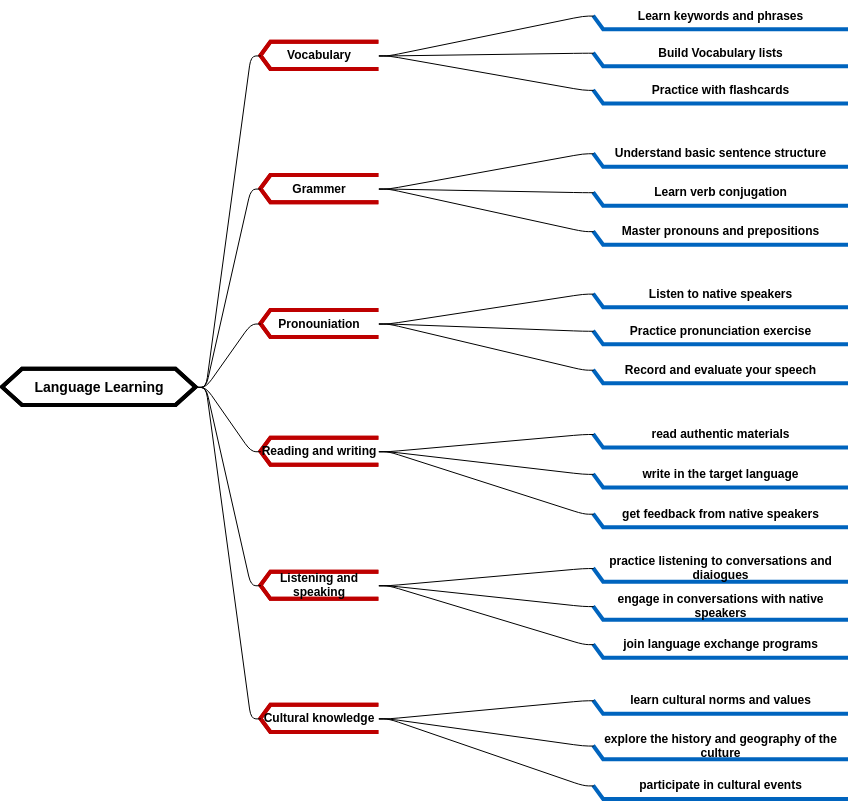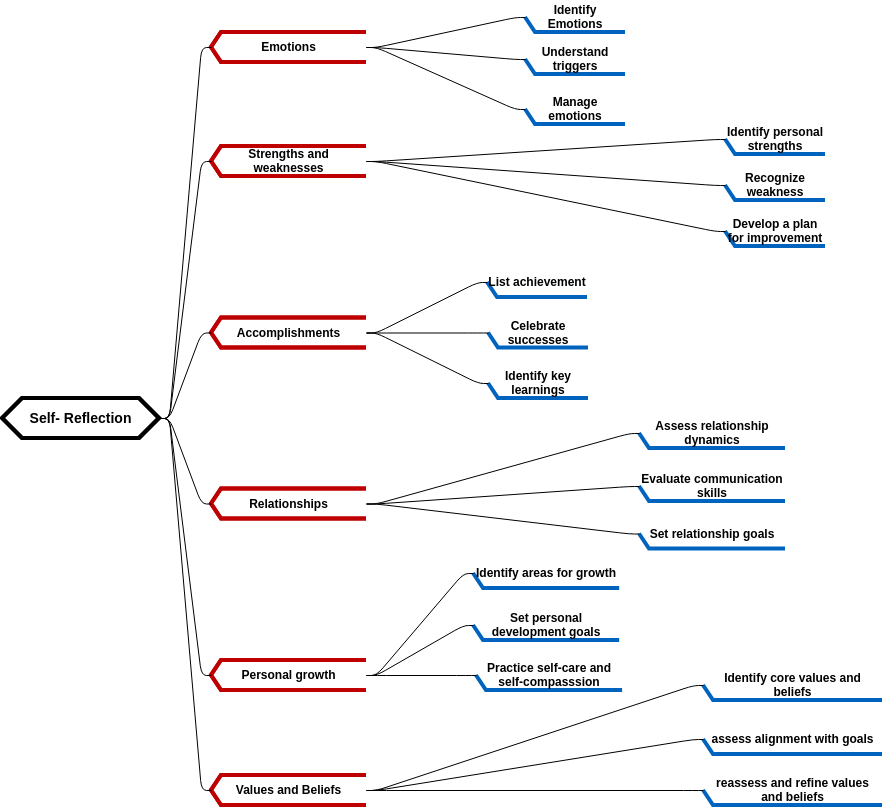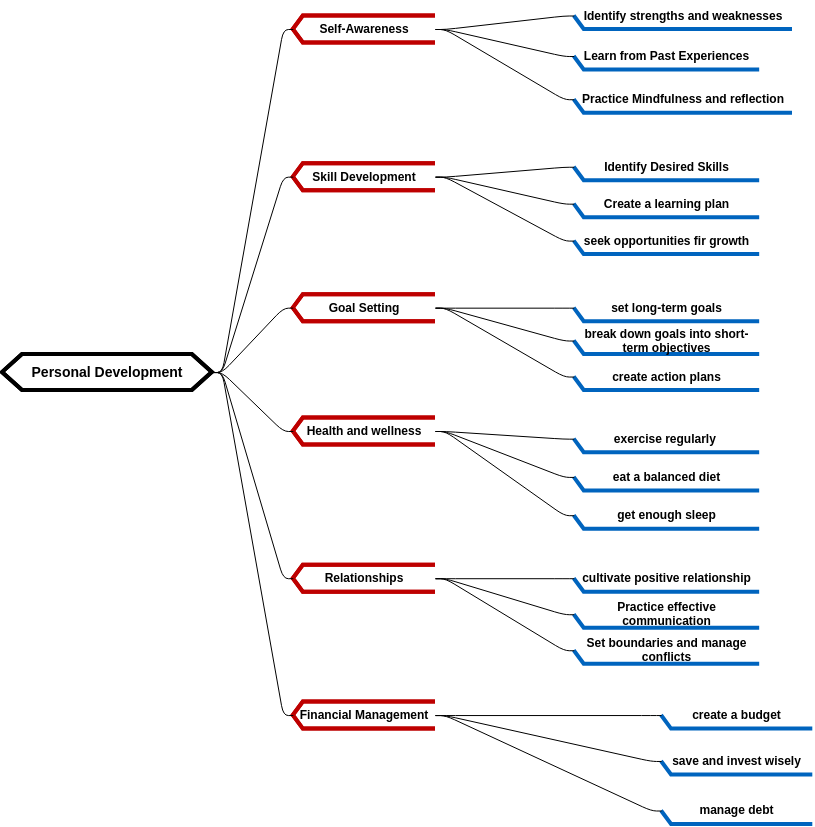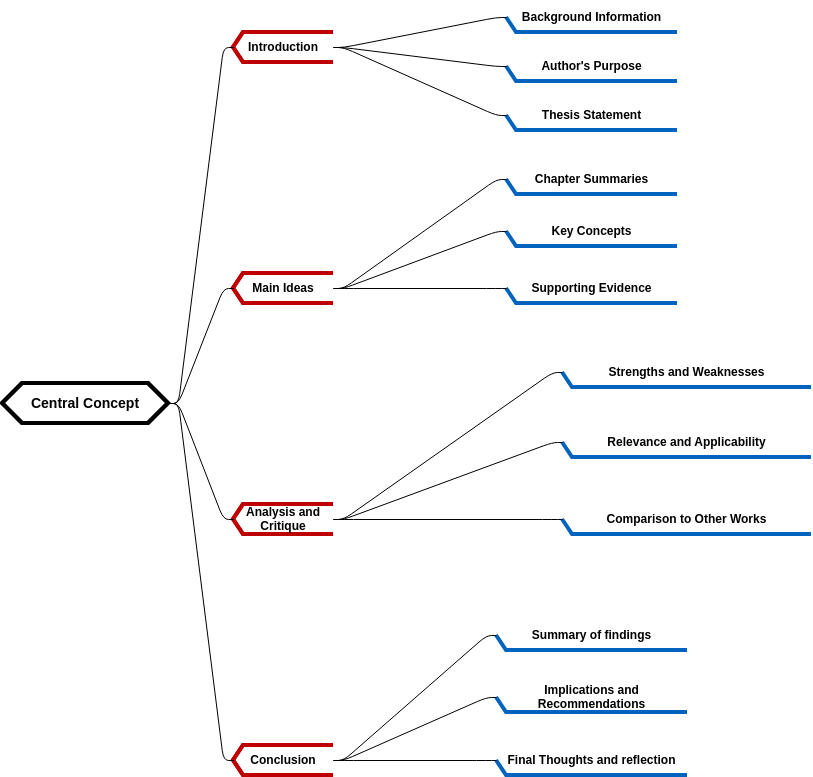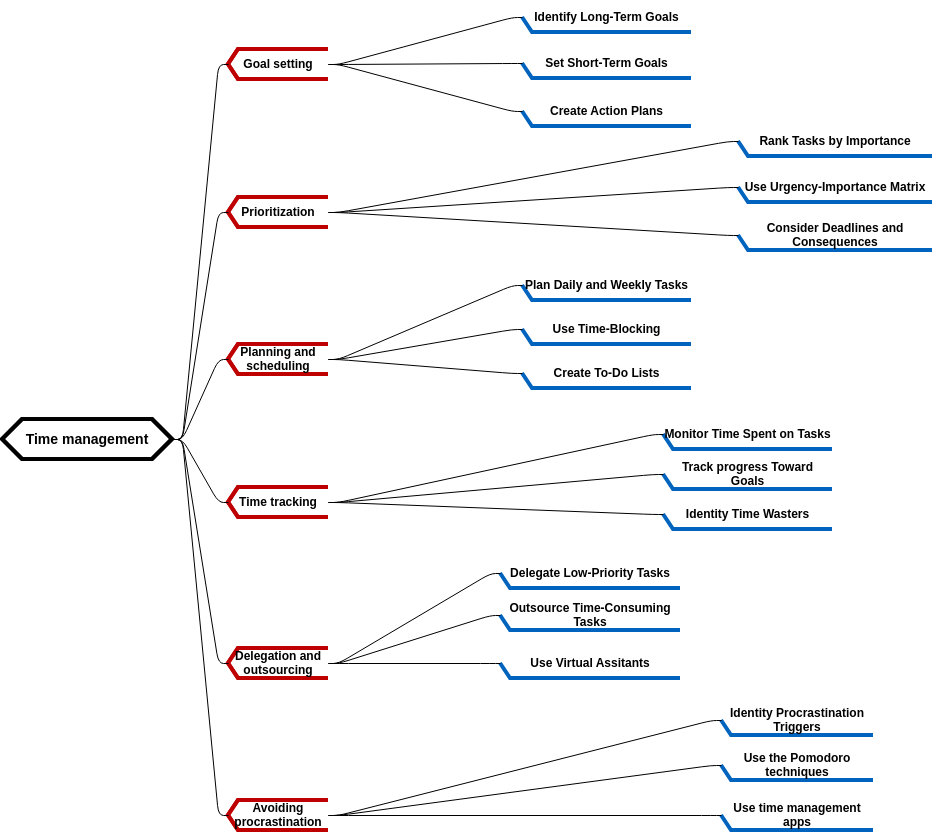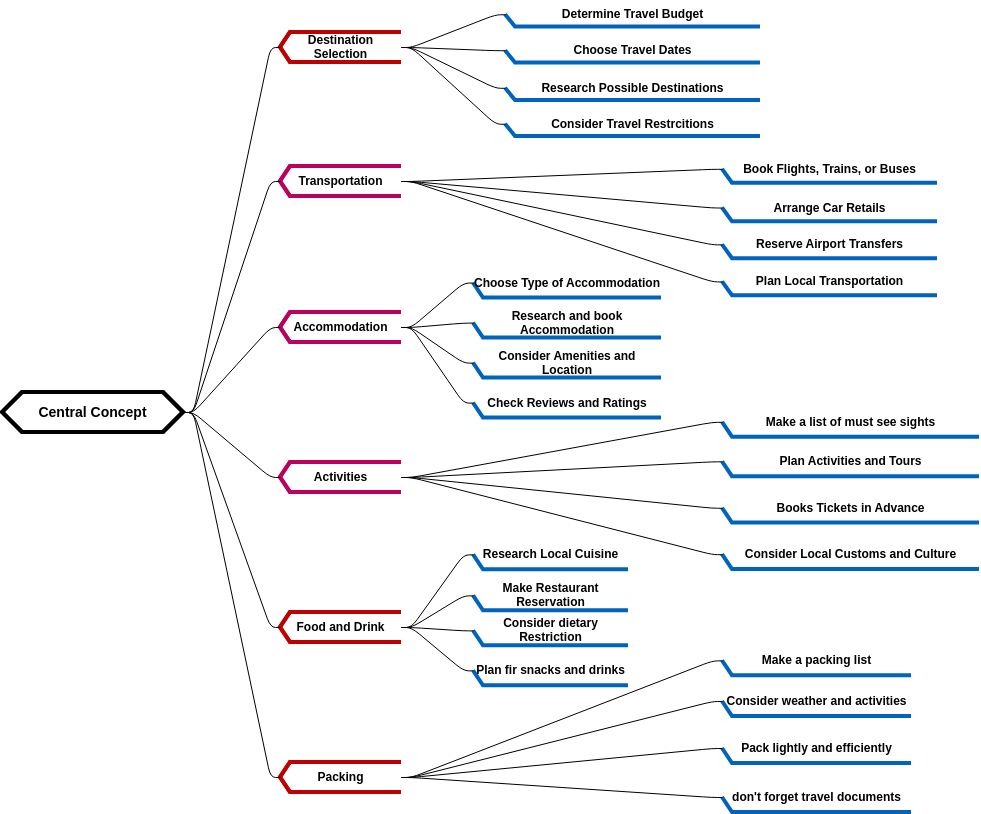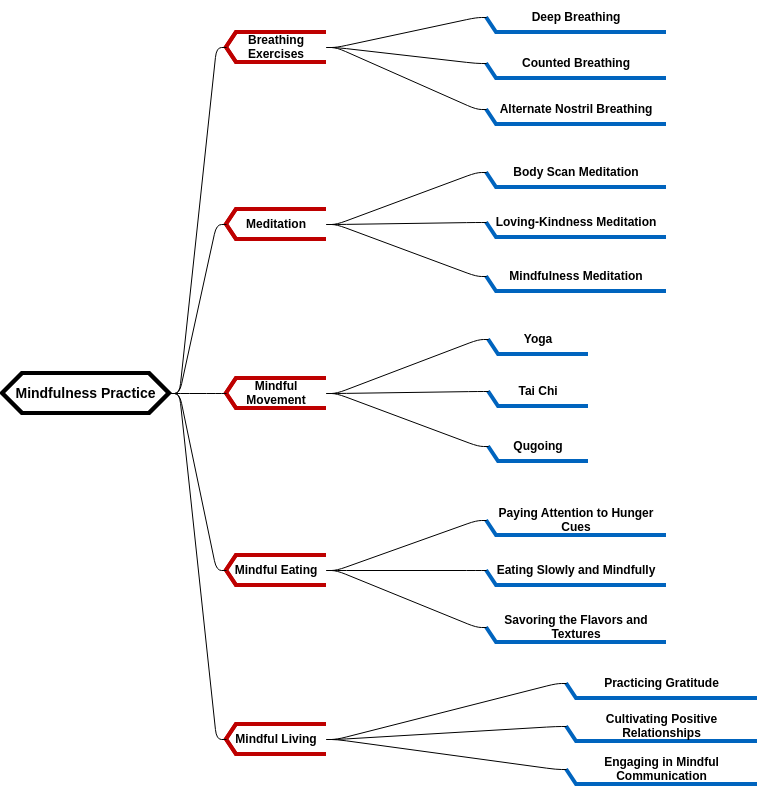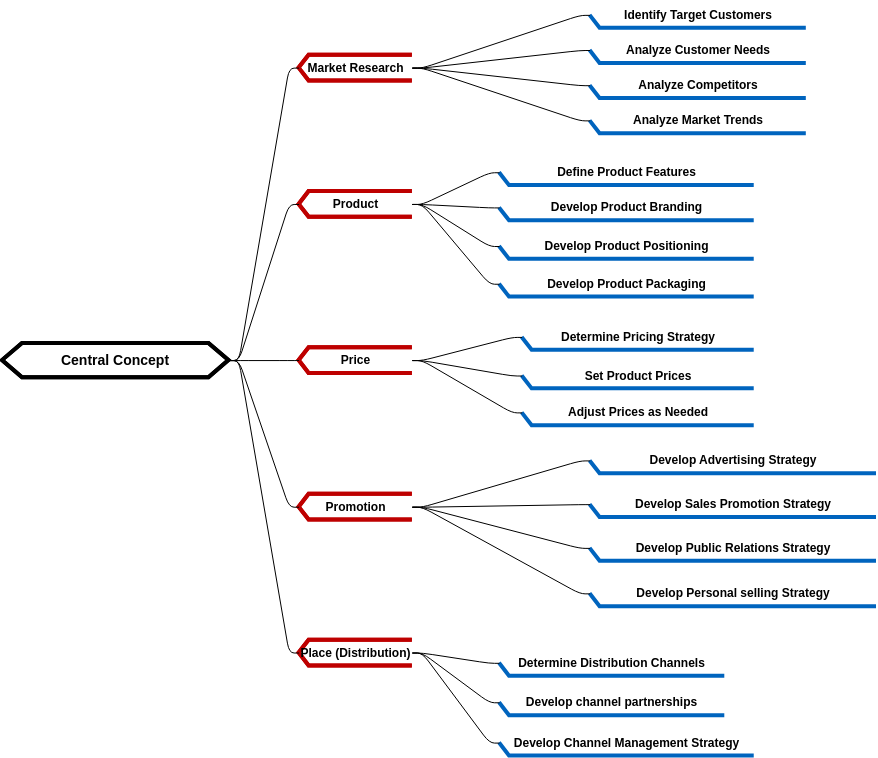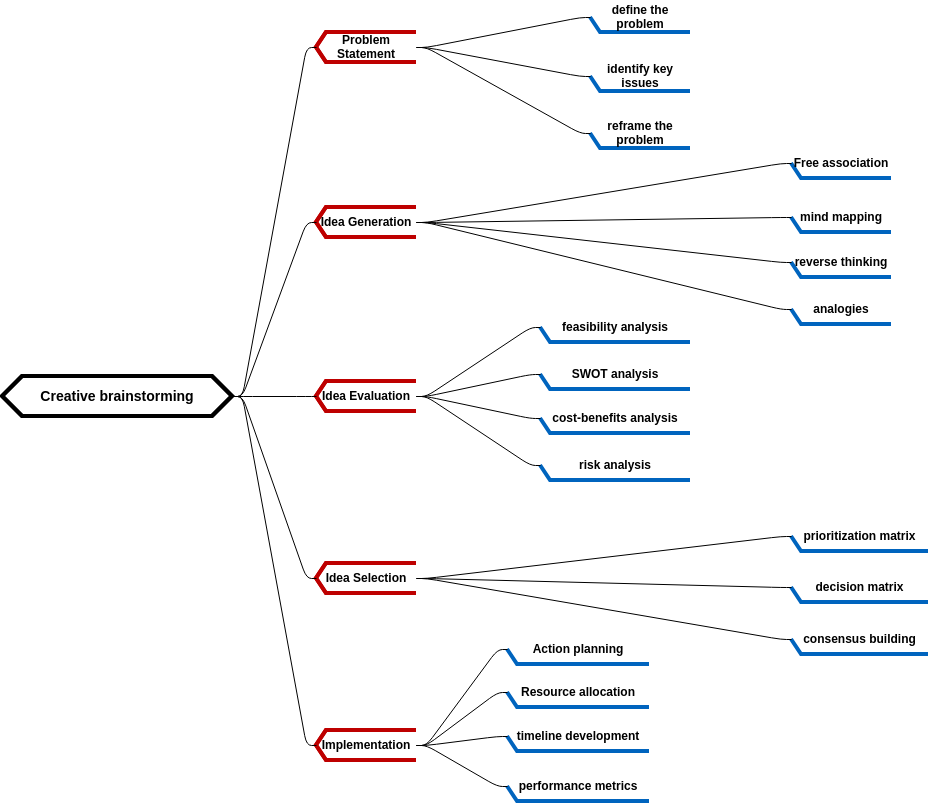Mind Map for Strategic Planning
The mind map for strategic planning starts with the establishment of a vision and mission. The vision describes the desired future state of the organization, while the mission statement outlines the purpose and values of the organization. These statements provide a clear sense of direction and purpose, and help to guide the development of strategic plans and objectives. Once the vision and mission are established, the next step is to conduct environmental scanning and industry analysis to identify external factors that may impact the organization.
The mind map then moves on to strategy development, which involves identifying specific goals and objectives that are aligned with the organization's vision and mission. Resource allocation is also an important component of strategy development, as it involves identifying the resources that are needed to achieve the goals and objectives. This includes financial resources, human resources, and other assets that are required to support the implementation of the strategic plan. By allocating resources effectively, organizations can ensure that they are making the most of their available resources and maximizing their chances of success.
Performance monitoring and review are also important components of strategic planning. Performance monitoring involves tracking progress towards the achievement of goals and objectives, and identifying any potential roadblocks or challenges that may arise. Performance review involves evaluating the effectiveness of the strategic plan and identifying opportunities for improvement. By regularly monitoring and reviewing performance, organizations can ensure that they stay on track towards their goals and make necessary adjustments as needed.
Advantages of creating this mind map
Creating a mind map for strategic planning can have several advantages. First, it can help to ensure that all relevant factors are considered in the planning process. By breaking down the planning process into its component parts, individuals can identify the key elements of the plan and ensure that each element is given appropriate consideration. This can help to ensure that the plan is comprehensive and well-rounded, and that all potential challenges and opportunities are identified and addressed.
Another advantage of creating a mind map for strategic planning is that it can help individuals to communicate the plan more effectively. By providing a visual representation of the plan, individuals can more easily share the plan with others and ensure that everyone involved in the planning process is on the same page. This can help to ensure that everyone understands the goals and objectives of the plan, as well as the strategies and tactics that will be used to achieve them. In addition, by breaking down the plan into its component parts, individuals can more effectively communicate the rationale and justification for each element of the plan, which can help to build support and buy-in from stakeholders.
